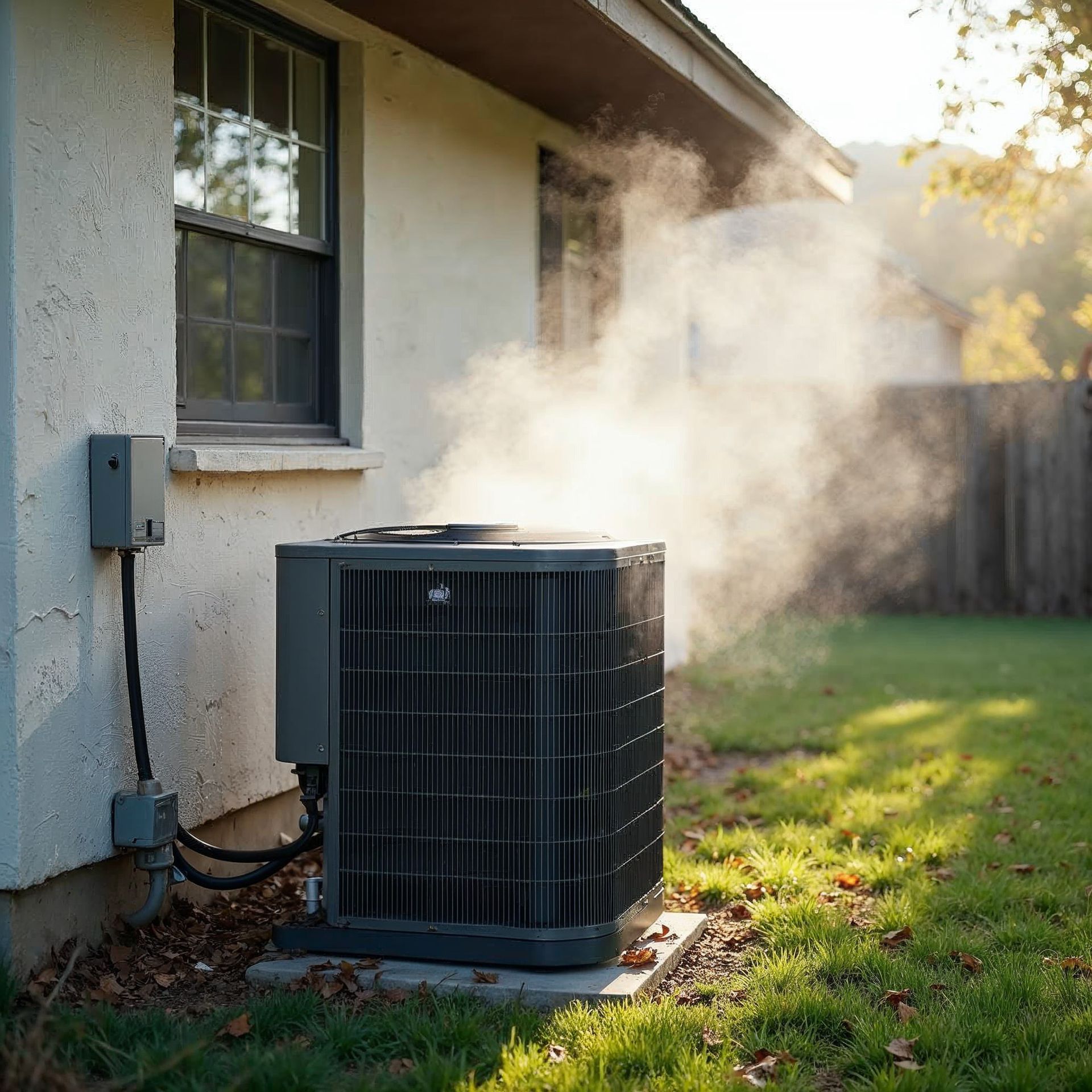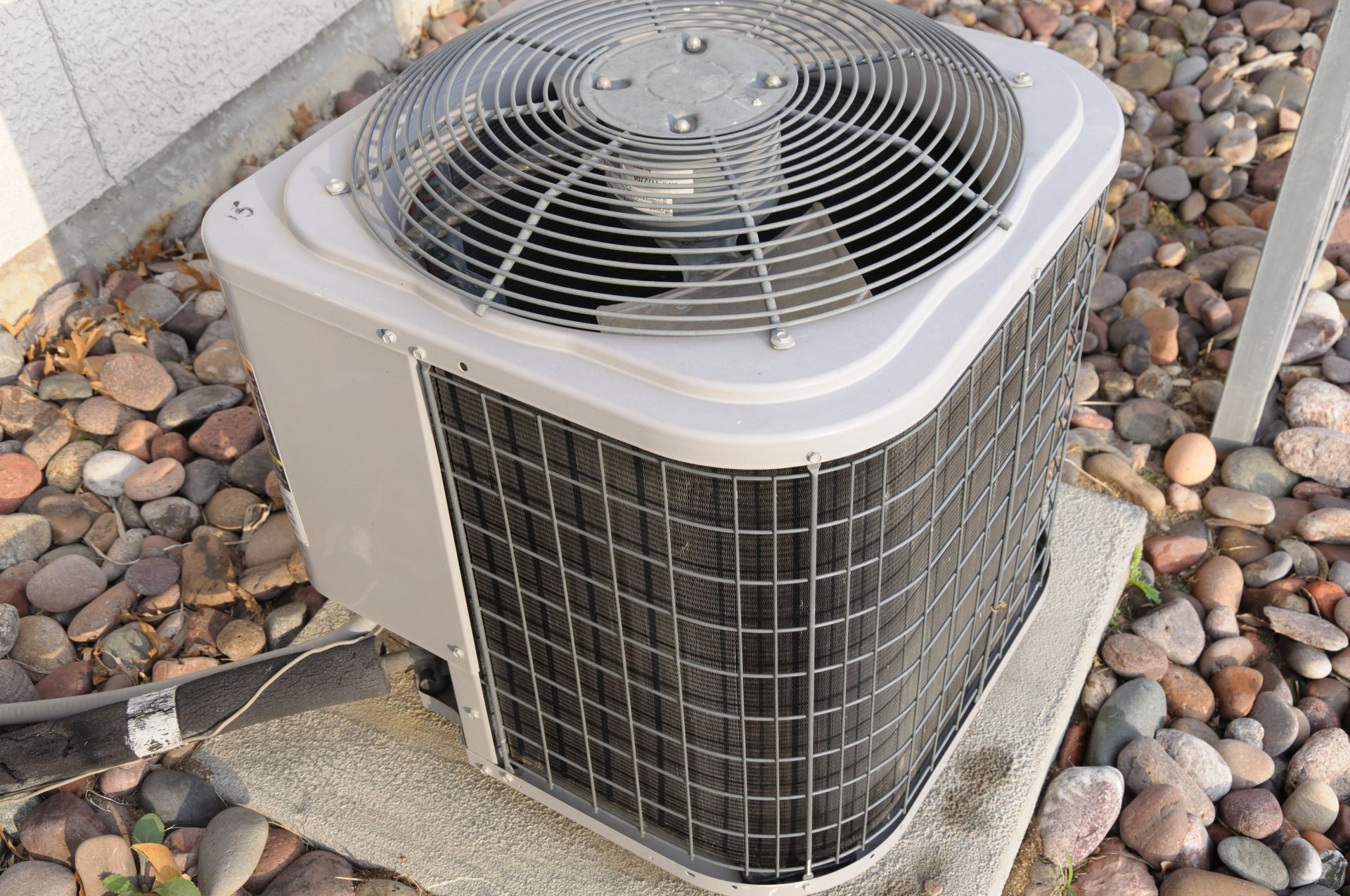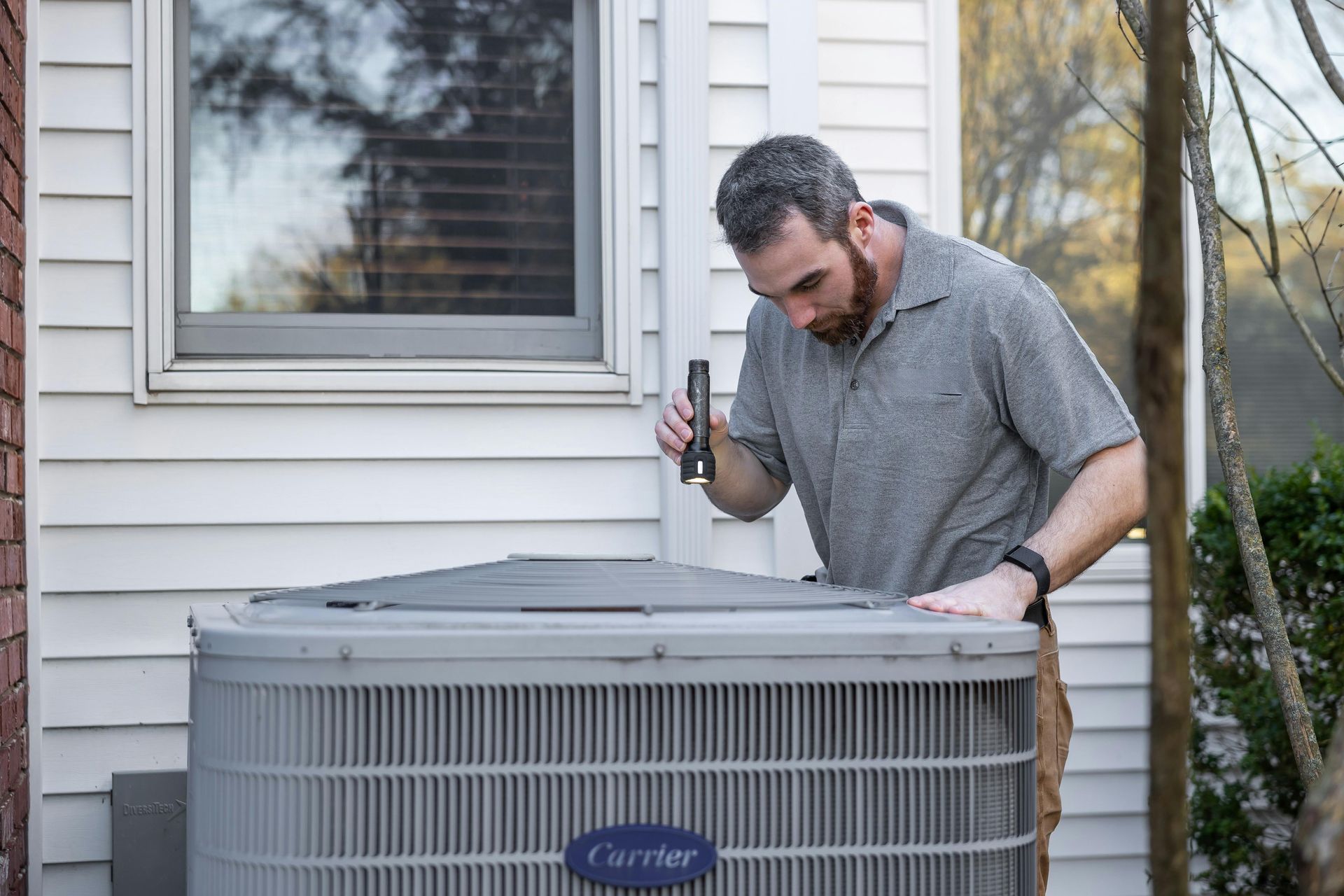
June 11, 2025
As the scorching El Paso summer approaches ensuring your air conditioner is in peak condition becomes a top priority for homeowners With temperatures soaring to extreme heights effective, Air Conditioner Maintenance is crucial to keep your home comfortably cool. In this guide, we will walk you through essential AC maintenance strategies that are tailored to meet the unique demands of the El Paso summer. From expert tips to prepare your AC for summer to practical advice on air conditioning care we are here to help you prevent AC breakdowns before they happen . Join us as we explore the best El Paso summer tips to maintain a reliable cooling system ensuring you stay relaxed and refreshed during the hottest months. Essential AC Maintenance Strategies Maintaining your air conditioning system is crucial for its longevity and efficiency especially in El Paso's intense summer heat. Let's explore some key strategies to keep your AC running smoothly. Routine Air Conditioning Care Regular maintenance is the cornerstone of a well functioning AC system. By implementing a routine care schedule, you can significantly extend the life of your unit and improve its performance. Start by changing your air filters monthly. This simple task can dramatically improve air quality and reduce strain on your system. Next, keep the area around your outdoor unit clear of debris and vegetation. This ensures proper airflow and prevents potential damage. Lastly, clean your AC's coils and fins annually This helps maintain optimal heat transfer and prevents your system from overworking. Preventing AC Breakdown Avoiding AC breakdowns is essential for staying comfortable during El Paso's scorching summers. By taking proactive measures, you can minimize the risk of unexpected failures. Regular inspections are key. Check your system for unusual noises odors or decreased cooling efficiency. These can be early warning signs of potential issues. Ensure your thermostat is functioning correctly A faulty thermostat can lead to inefficient cooling and unnecessary strain on your system. Don't forget about your ductwork Seal any leaks to prevent cool air from escaping and maintain system efficiency.

May 30, 2025
As the sun blazes over El Paso ensuring your HVAC system is ready for the West Texas heat becomes a top priority for homeowners. A well-maintained air conditioning unit can make the difference between a comfortable summer and sweltering indoor conditions. Our expert tips will guide you through essential summer HVAC tips such as air conditioning checks and identifying warning signs that your system might need attention. Learn how to prepare your HVAC for summer and when to reach out to HVAC professionals in West Texas for that extra peace of mind. Keep your home cool and inviting by taking action today and remember our family oriented business is here to help you every step of the way. Preparing Your HVAC for Summer As the West Texas heat approaches it's crucial to get your HVAC system ready. Here are some expert tips to ensure your cooling system is prepared for the scorching El Paso summer. Essential HVAC Maintenance Tips Regular maintenance is key to keeping your HVAC system running smoothly during the hot summer months. Start by replacing or cleaning your air filters every days depending on usage and household conditions. Next clear any debris from around your outdoor unit. Leaves twigs and dirt can impede airflow and reduce efficiency. Trim any vegetation within two feet of the unit to ensure proper ventilation. Don't forget to check your thermostat settings. Program it to run at higher temperatures when you're away or asleep to save energy. Consider upgrading to a smart thermostat for more precise control and energy savings. Simple Air Conditioning Checks Performing basic checks on your air conditioning system can help prevent unexpected breakdowns. Begin by testing your AC unit on a mild day before the heat sets in Listen for any unusual noises when the system starts up or during operation. Strange sounds could indicate loose parts or the need for lubrication. Also pay attention to how quickly your home cools down – if it takes longer than usual your system might need attention. Check your vents and registers to ensure they're open and unobstructed. Blocked vents can cause your system to work harder leading to increased energy consumption and potential damage. Recognizing Signs of Trouble Being aware of potential HVAC issues can save you from discomfort and costly repairs. Watch out for these warning signs that your system might need professional attention: Unusual noises like grinding squealing or banging Weak airflow from vents Uneven cooling throughout your home Frequent cycling on and off Unexplained increases in energy bills If you notice any of these symptoms it's best to contact HVAC professionals in West Texas promptly. Addressing issues early can prevent more serious problems down the line.

May 20, 2025
Introduction: Dust Storms and HVAC Systems – What You Need to Know If you live in a region prone to dust storms, your HVAC system could be at risk. Dust storms affect HVAC systems in several damaging ways—from clogged air filters to reduced system efficiency. In this article, we’ll explain the impact of dust storms on HVAC performance and provide actionable tips for HVAC maintenance during and after a dust storm. 1. Dust Storms Clog HVAC Filters Fast One of the most immediate effects of a dust storm on your HVAC system is the rapid clogging of air filters. When filters are overloaded with dust and debris, your system works harder to push air through, leading to: Reduced airflow and cooling capacity Higher energy consumption Increased wear on HVAC components 2. Outdoor HVAC Units Are Vulnerable Your HVAC condenser unit is particularly exposed during a dust storm. Fine particles can coat the condenser coils, block airflow, and cause your system to overheat or fail prematurely. Maintenance Tip: Schedule HVAC coil cleaning and protect your unit with a breathable cover when dust storms are expected. Never run the system with the cover on. 3. Poor Indoor Air Quality After a Dust Storm Dust doesn’t stay outside. It can infiltrate your ductwork and circulate through your home, leading to allergies, asthma, and other respiratory issues. Prevention Strategy: Use a whole-house air purifier or upgrade to a media air filter system. Professional duct cleaning can also remove built-up dust from past storms. 4. Increased HVAC Wear and Tear Running an HVAC system with clogged filters and dirty coils puts unnecessary strain on internal components like fans, motors, and compressors. Over time, this leads to more frequent breakdowns and a shorter system lifespan. Preventive Action: Schedule biannual HVAC maintenance with a licensed technician, especially if you’ve recently experienced a severe dust storm. 5. Thermostat Performance Can Be Affected When dust interferes with airflow and system performance, your thermostat might detect inaccurate temperatures. This causes longer cycles, higher energy bills, and uneven home cooling or heating. Solution: Calibrate your thermostat regularly and ensure it’s installed in a clean, central location away from vents and windows. Conclusion: Protecting Your HVAC System from Dust Storm Damage Dust storms and HVAC systems don’t mix. Without proactive maintenance, dust buildup can lead to reduced efficiency, poor indoor air quality, and costly repairs. Stay ahead of the storm by upgrading your filters, scheduling regular HVAC service, and protecting outdoor units.
